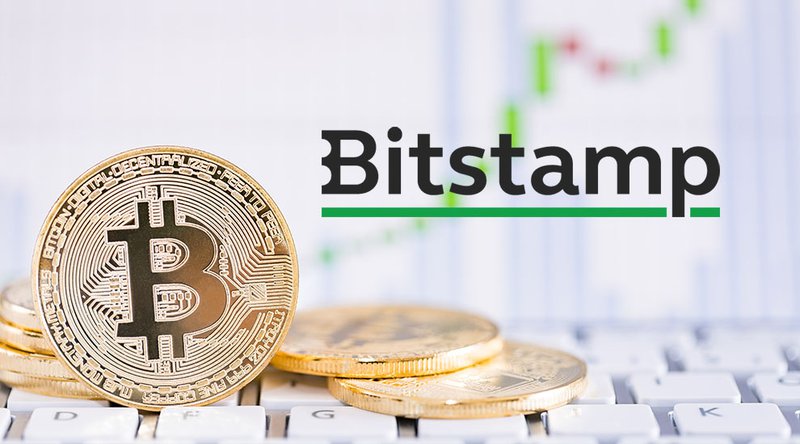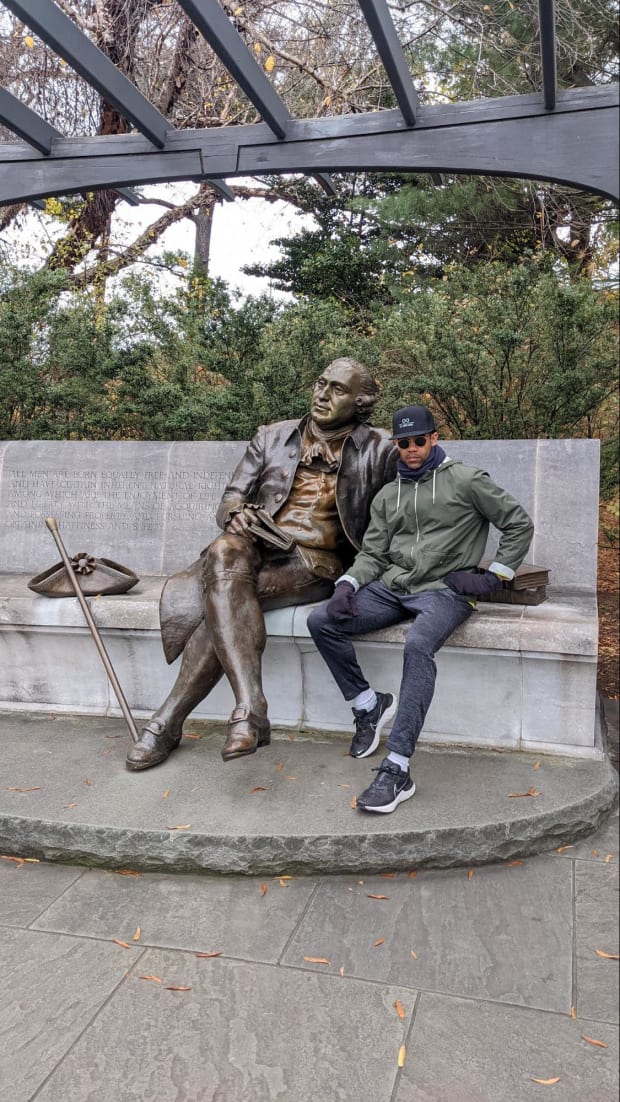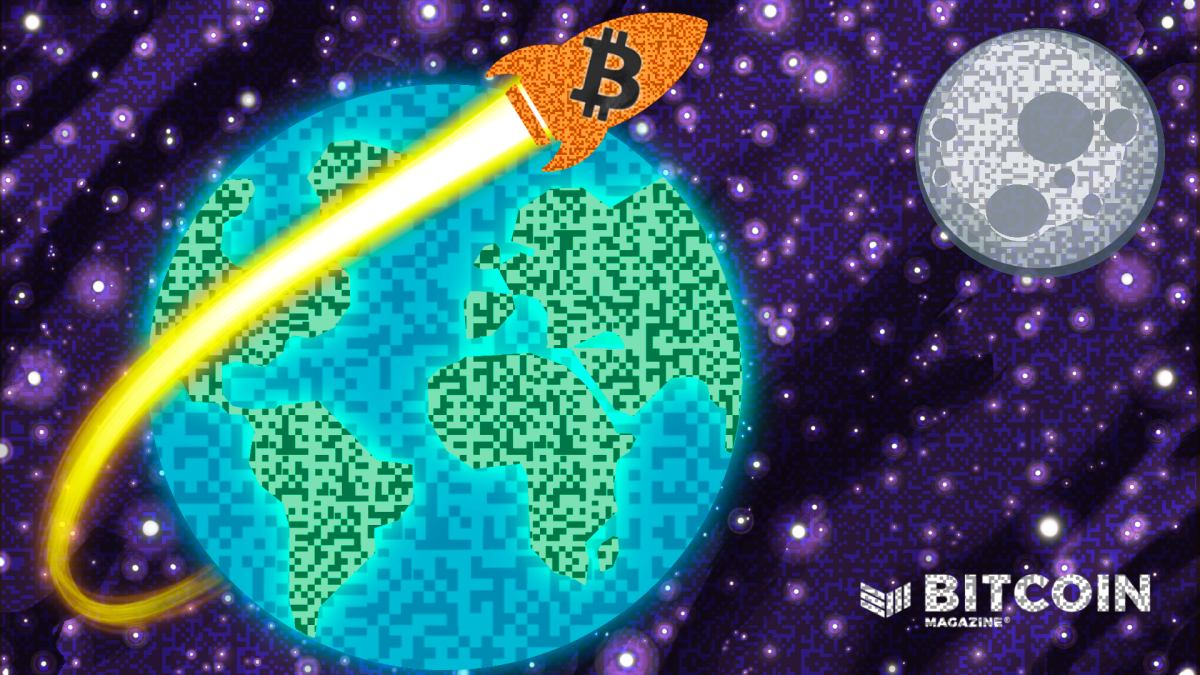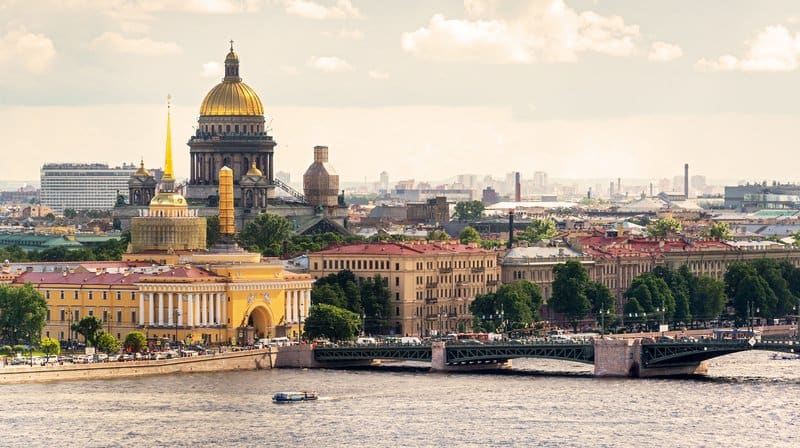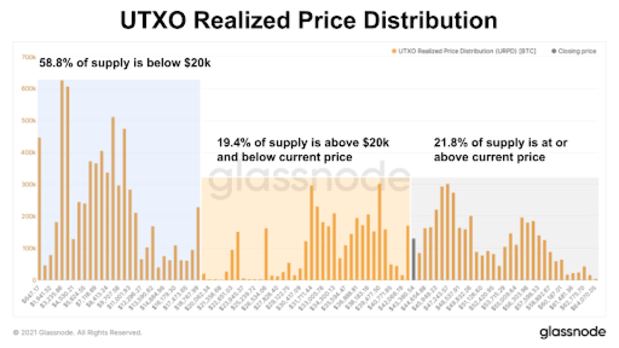Why Does Bitcoin Officially Becoming Legal Tender In El Salvador Matter?
Despite a small country living on a bitcoin standard, the first step is always the hardest, and a domino effect might bring bigger players to the game.
In 21 days, El Salvador will officially become the first country in the world to adopt bitcoin as legal tender. Even though it is only a tiny country with a small gross domestic product (GDP), the first step is always the hardest to be taken, and a domino effect might bring more prominent players to the game in the years to come. After hyperbitcoinization, this will have been, in hindsight, the turning point.
As a blog post perfectly puts it, “a domino effect is a beautiful representation of Social, Economical, and Geopolitical events that happen one after another.” El Salvador is the first domino, and many more are likely to come. Once seen only as a far-fetched reality, having a country recognize bitcoin for what it is, a currency, is closer than ever. And it might turn out to be the small push others needed.
It all started in January 2021, when bitcoin started becoming the standard on the coast of El Salvador. Local nonprofit Bitcoin Beach created a circular bitcoin economy for two coastal villages where a banking alternative didn’t exist. The nonprofit organization started gaining traction through donations of a local, anonymous philanthropic bitcoin whale and established a parallel economy using BTC to solve real problems.
Access to traditional financial services is limited in El Salvador as over 70% of the population doesn’t have a bank account. That reality drove Jack Mallers, founder of Lightning Network payments app Strike, to launch the then U.S.-only app in the Central American country in March.
“Launching in El Salvador as our first non-U.S. market was a strategic move,” Mallers said. “No other fintech company can launch and operate in a market like this. This is only possible because Strike is built on Bitcoin, the world’s first open monetary network. Our success in El Salvador is replicable to billions of people that don’t have access to developed financial services.”
By April, bitcoin was already helping El Salvador fund their national surfing team and map out a training facility, while the Men’s and Women’s Salvadoran surf teams were signing their first-ever paid contracts – funded by Bitcoin Beach. But what started as a move to help strengthen the Bitcoin Beach program quickly gained traction. Mallers said on an episode of the “What Bitcoin Did” podcast that the President of El Salvador, Nayib Bukele, indirectly invited him to a meeting, which led to Bukele sending a bill to congress in June to make bitcoin a legal tender. The law was approved only a few days later.
The new law will take effect on September 7, officially making bitcoin legal tender in El Salvador. Despite allowing its citizens to live under a bitcoin standard, the regulation can bring about many benefits – both nationally and abroad.
The Bank of America (BofA) said cross-border remittance inflows, which account for a substantial 24% of El Salvador’s GDP, could benefit from utilizing bitcoin. The peer-to-peer electronic cash “could potentially reduce transaction costs compared to traditional remittances channels,” BofA said. The recipients could receive a more significant portion of inflows, “increasing their disposable income and reducing the proportion of remittances lost to financial intermediaries.”
Furthermore, with a clear regulatory framework for bitcoin, El Salvador gets uniquely positioned to attract bitcoin companies from around the world. Small steps in that direction are already turning Wyoming and Miami into Bitcoin hubs, so complete Bitcoin clarity will be a distinctive edge for El Salvador. Miners, especially, might find the Central American country a compelling place to set up business because El Salvador is also home to abundant, cheap, clean energy. The country’s volcanoes give BTC miners a unique opportunity – and Bukele has already invited them to take advantage of that.
Another potential upside for El Salvador in adopting bitcoin as a currency relates to tourism. Having adopted a stateless currency, the country will attract global citizens to visit or even live there. The combination of beautiful beaches and friendly regulations and taxes might be enough to bring many Bitcoiners to the small land, further developing and nourishing the local economy.
On a global scale, however, El Salvador is also taking meaningful steps. The small country might be the first piece to fall in a more significant, worldwide domino effect of countries rushing to adopt bitcoin and add it to their reserves. After hyperbitcoinization, we will likely look back at September 7, 2021, as the day that triggered the most significant set of changes the world had ever seen – gradually, then suddenly.

